| Clutching My Pearls is dedicated to countering post-modern interpretations of Jane Austen with research that examines her novels in their historical and literary context. I also read and review the forgotten novels of the Georgian and Regency era and compare and contrast them with Austen's. Click here for the first post in the series. Click here for my six critical questions for scholars. |
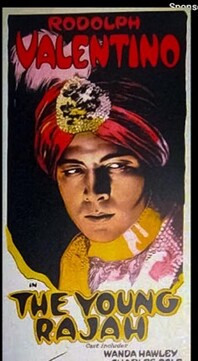 Irresistible to the ladies
Irresistible to the ladies George is the adopted ward of the Earl of Charlewood and was raised along with the Earl’s own children. He returned to India at 18 to fill a "lucrative and honorable post" and acquired a “considerable fortune.” He “knows only that [his parents] died when he was an infant, but has never heard who they were.”
Hmmm… a man of color, of unknown parentage, accepted into society? What is the answer to the mystery which clings about him?
Young George happens to meet Mr. Russell, an older merchant returned from India, who is struck by George’s strong resemblance to the Rajah Abdalla. Mr. Russell goes on to mention that many years ago, a fire broke out at the Rajah’s palace, and the women of the palace, “all ran out terrified, wives and children, among a regiment of European soldiers” who had come to help fight the fire.
Mr. Russell goes on to add that months later, Abdallah mourned “the death of a favourite daughter, [the Princess Roseatenissa] who was to have married his brother’s son; which marriage had been delayed on account of her ill health, occasioned by her extreme terror on the morning of the fire. That young lady was, they said, a perfect beauty, and very accomplished…”
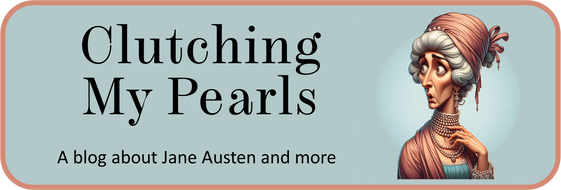
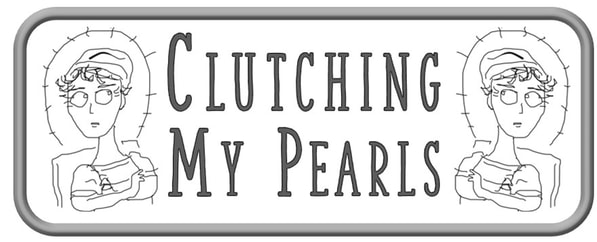
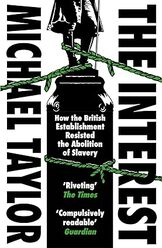
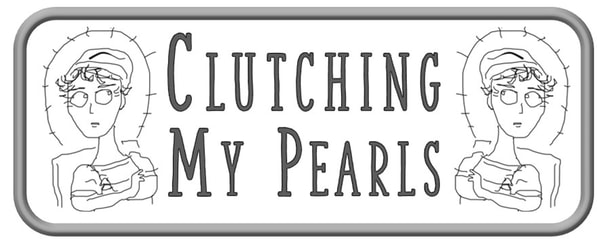
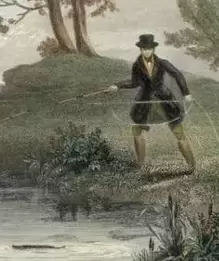
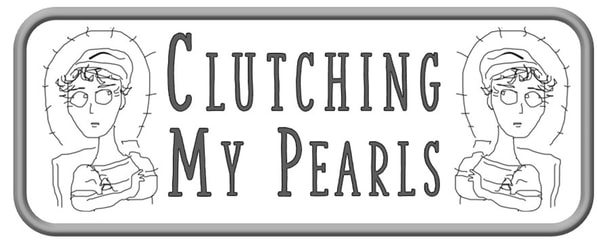
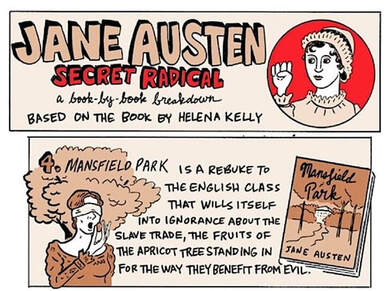
 RSS Feed
RSS Feed